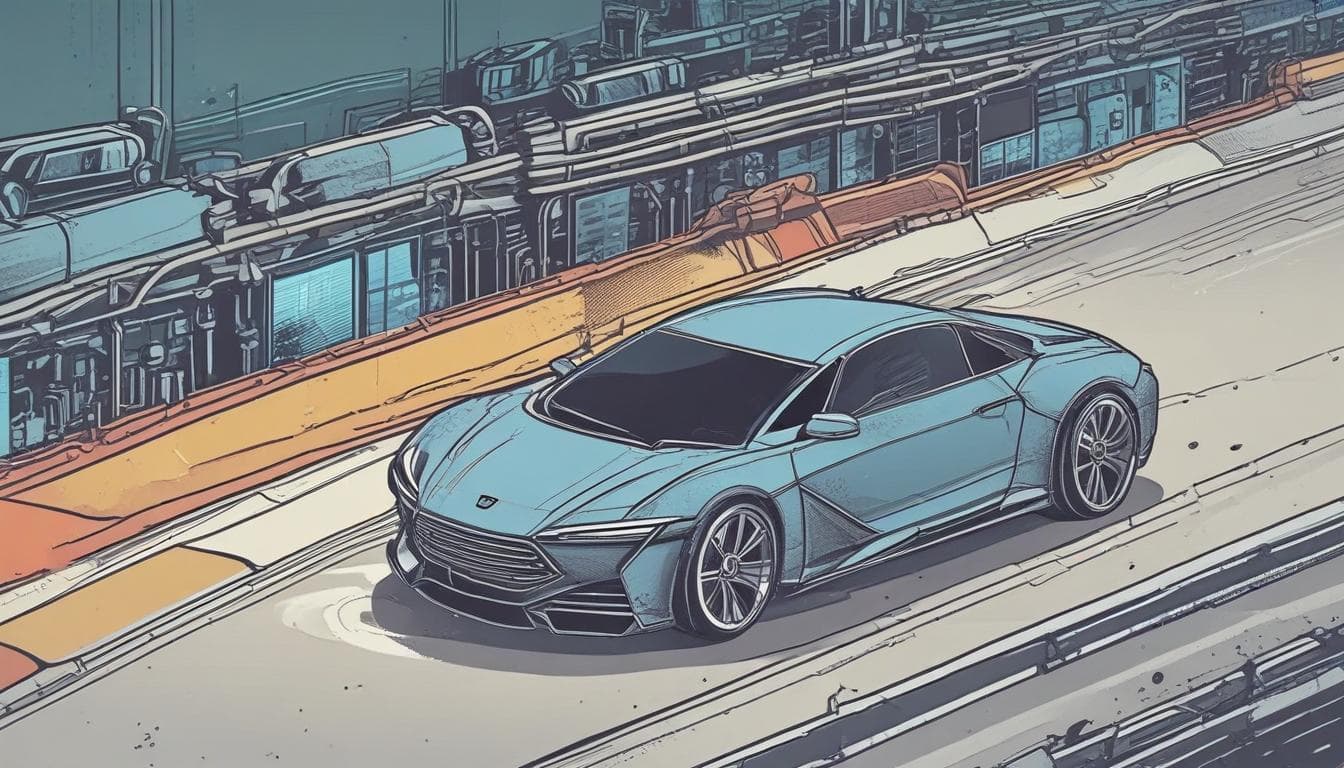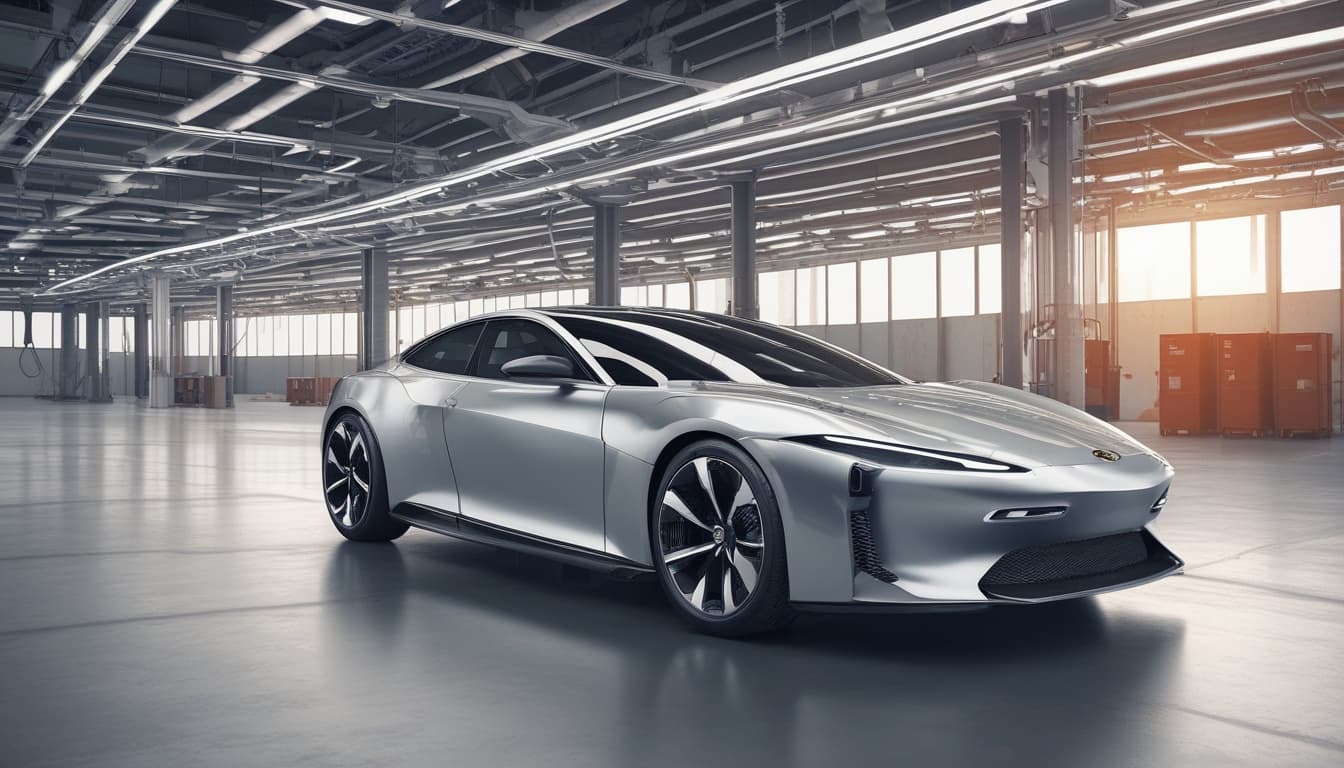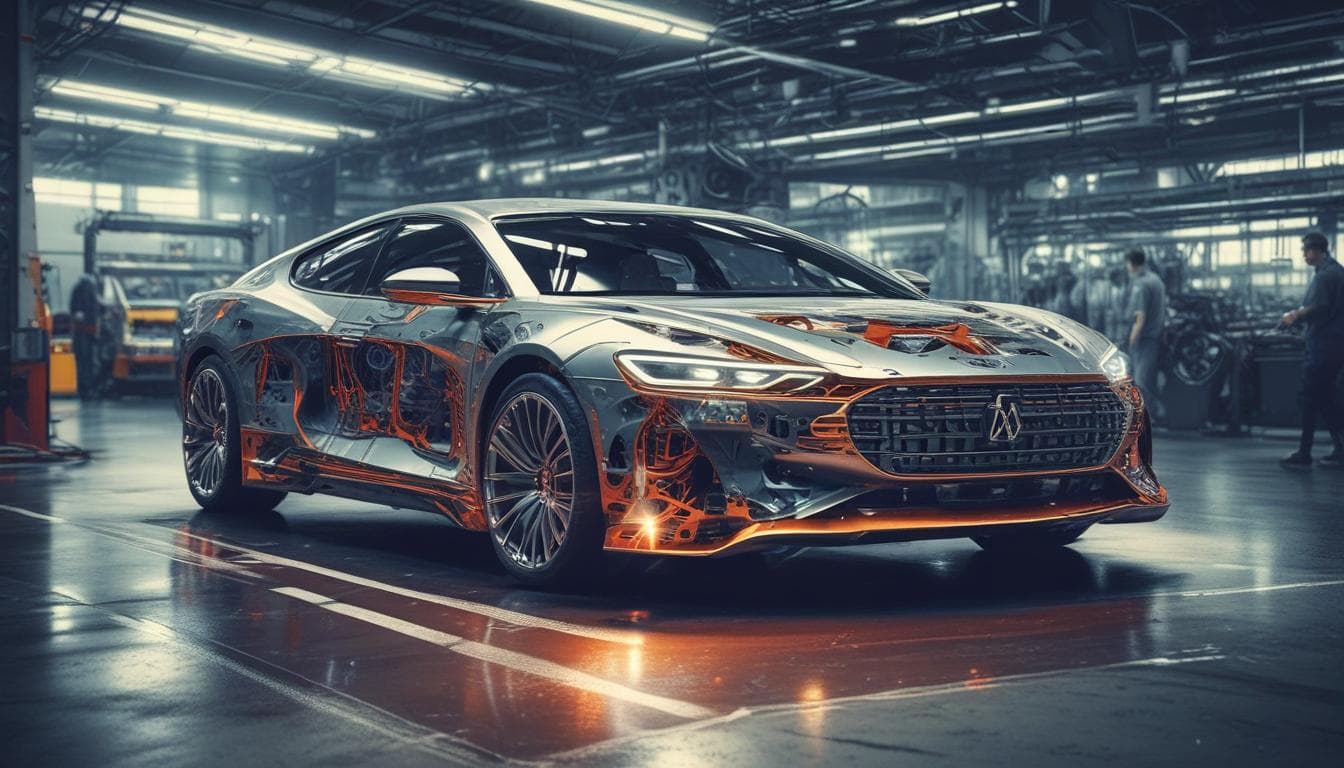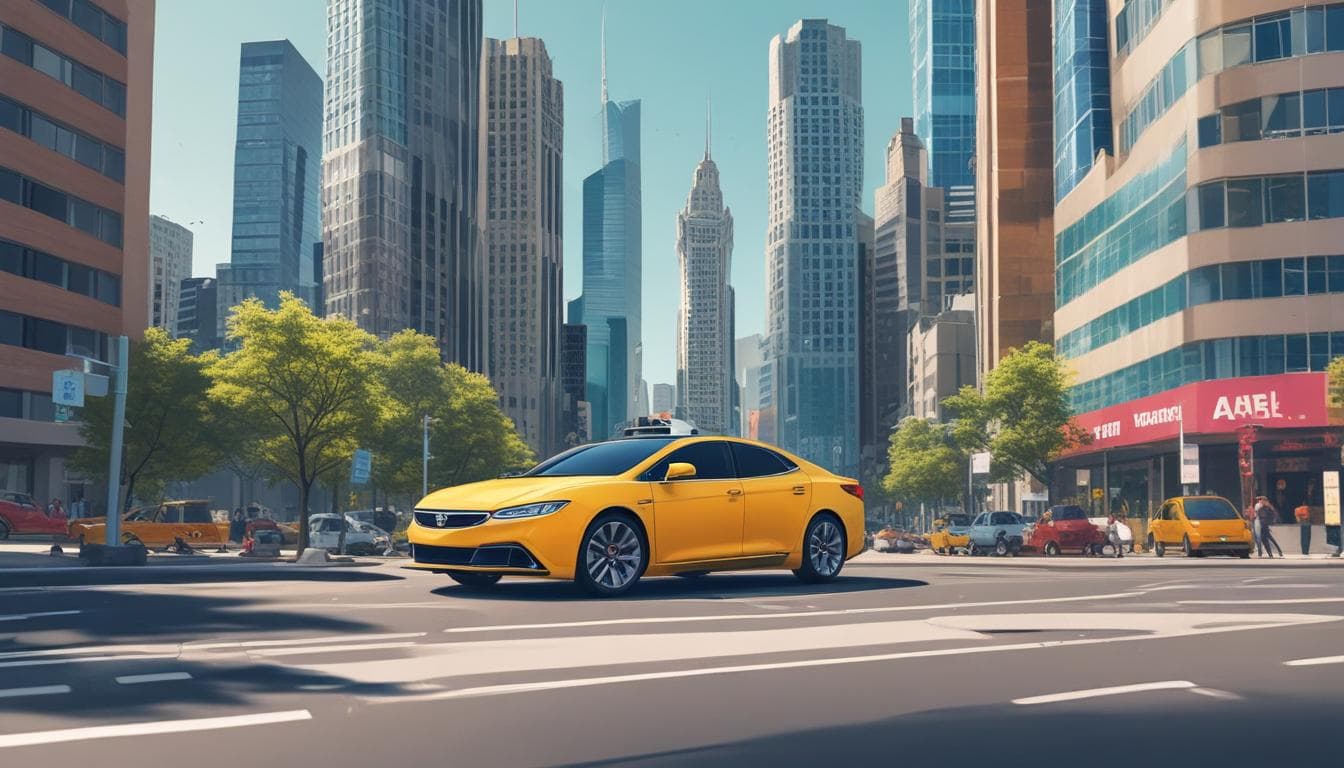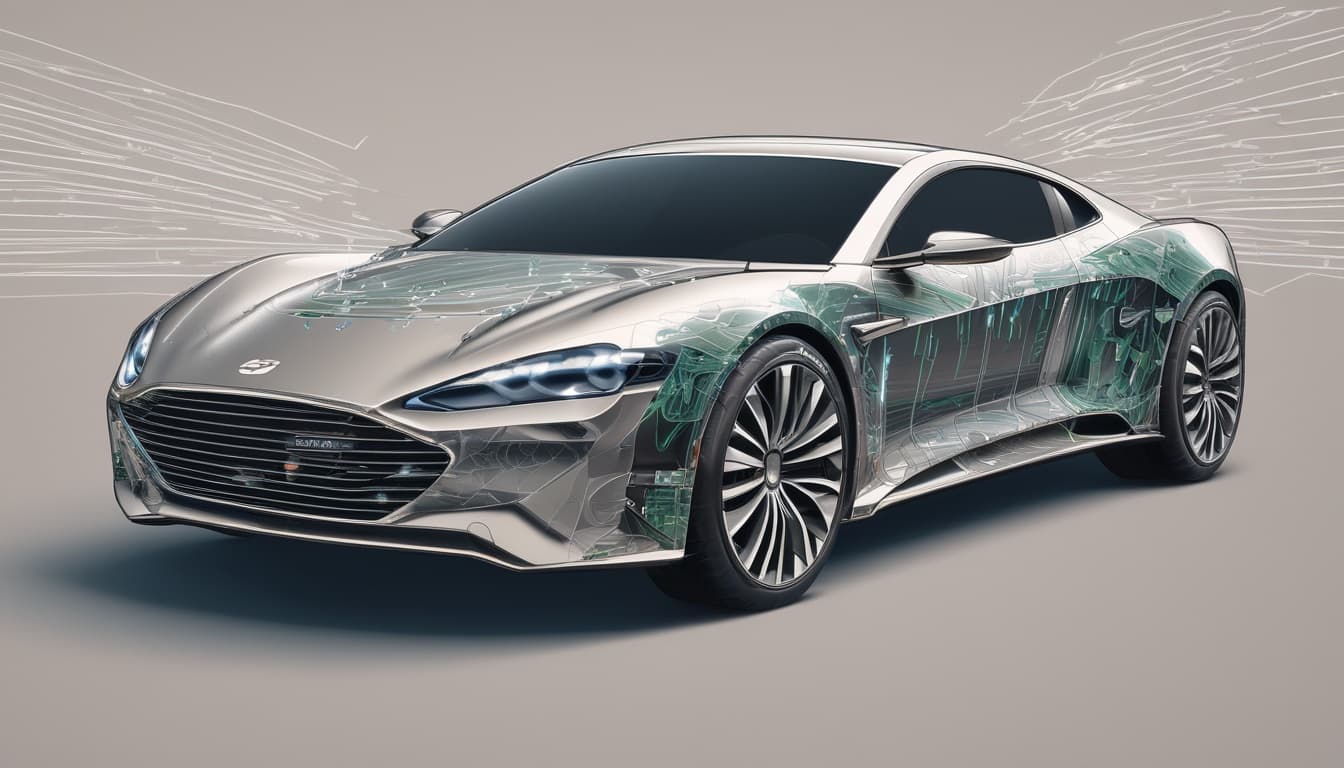The automotive industry, a cornerstone of modern society, is undergoing a profound transformation driven by the growing imperative for sustainability. Environmental concerns, stricter regulations, and evolving consumer preferences are pushing manufacturers to rethink every aspect of their operations, from the materials they use to the energy that powers their vehicles. This shift towards sustainable practices is not merely a trend but a fundamental reshaping of the automotive landscape, impacting everything from design and manufacturing to sales and consumer behavior.
The Rise of Sustainable Manufacturing
Reducing Environmental Footprint in Production
The traditional automotive manufacturing process, known for its energy intensity and reliance on finite resources, is being re-evaluated through a sustainability lens. Manufacturers are actively seeking ways to minimize their environmental footprint by adopting cleaner production methods, reducing waste, and optimizing resource utilization. This involves implementing technologies, such as advanced robotics in manufacturing and the broader AI revolution in automotive, and processes that minimize water and energy consumption, reduce emissions, and prioritize the use of recycled and renewable materials.
Embracing Circular Economy Principles
Beyond minimizing waste, the industry is increasingly embracing the principles of a circular economy, aiming to design out waste and pollution from the start. This involves designing vehicles for disassembly and recyclability, using recycled materials in production, and developing closed-loop systems for material recovery and reuse. The goal is to create a more sustainable lifecycle for vehicles, minimizing their environmental impact from cradle to grave. Driving Sustainability: The Circular Economy's Impact on the Automotive Industry provides more insights into how circular economy principles are reshaping the industry.
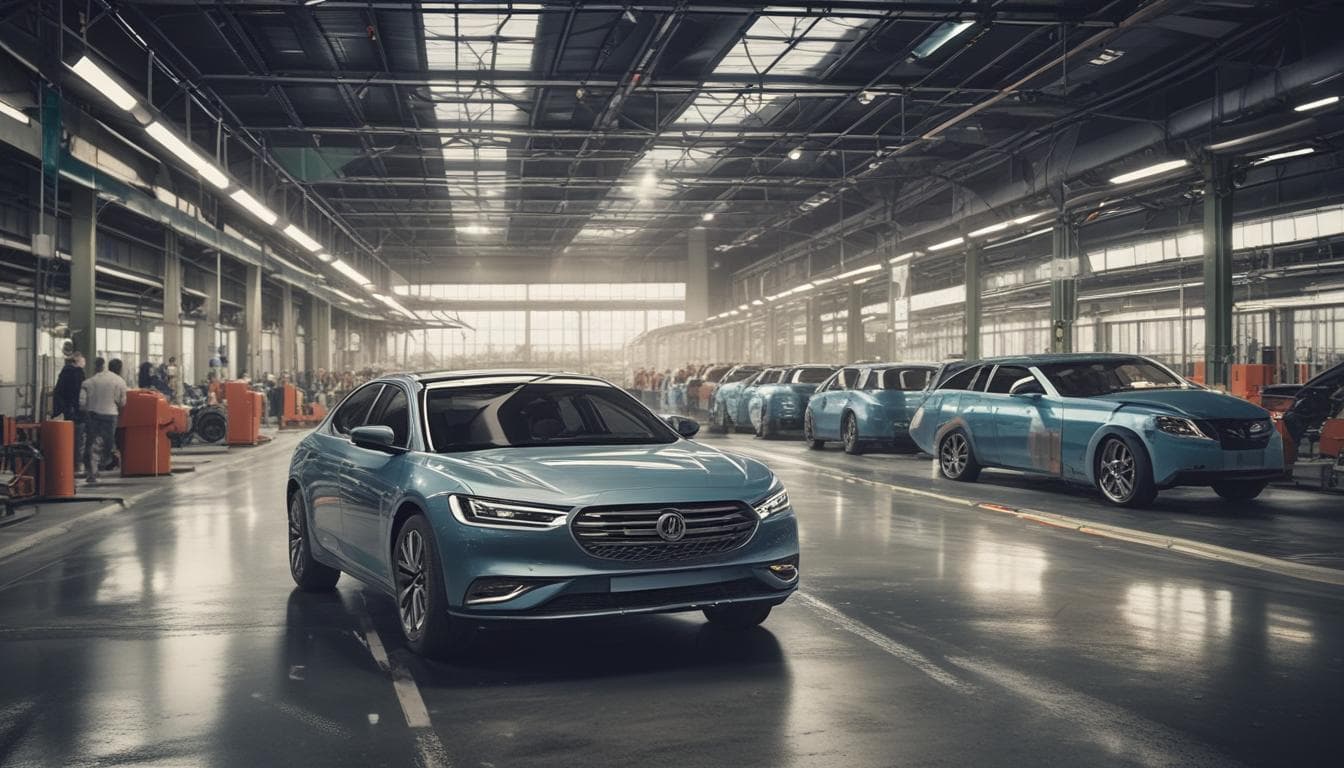
Sustainable Supply Chains
The push for sustainability extends beyond the factory walls, encompassing the entire automotive supply chain. Manufacturers are working with suppliers to ensure that materials are sourced responsibly, minimizing environmental and social impacts. This includes promoting the use of sustainable materials, ensuring fair labor practices, and reducing the carbon footprint of transportation and logistics, sometimes utilizing technologies like blockchain for enhanced transparency.
Sustainable Vehicle Design and Technologies
Lightweighting and Material Innovation
Vehicle design is being revolutionized by the need for lighter, more fuel-efficient vehicles. Lightweighting, achieved through the use of advanced materials like aluminum, magnesium, and carbon fiber composites, reduces fuel consumption and emissions. Furthermore, research and development efforts are focused on exploring innovative bio-based and recycled materials to further enhance sustainability. Smart Materials in Automotive: Driving the Future of Mobility explores how these materials are contributing to future advancements.
Electric and Hybrid Vehicles
The most visible manifestation of sustainability in the automotive sector is the rise of electric and hybrid vehicles. These vehicles offer a cleaner alternative to traditional combustion engines, significantly reducing greenhouse gas emissions and dependence on fossil fuels. As advanced battery technology continues to advance, charging infrastructure expands, and concepts like Vehicle-to-Grid (V2G) technology emerge, electric vehicles are becoming increasingly mainstream.
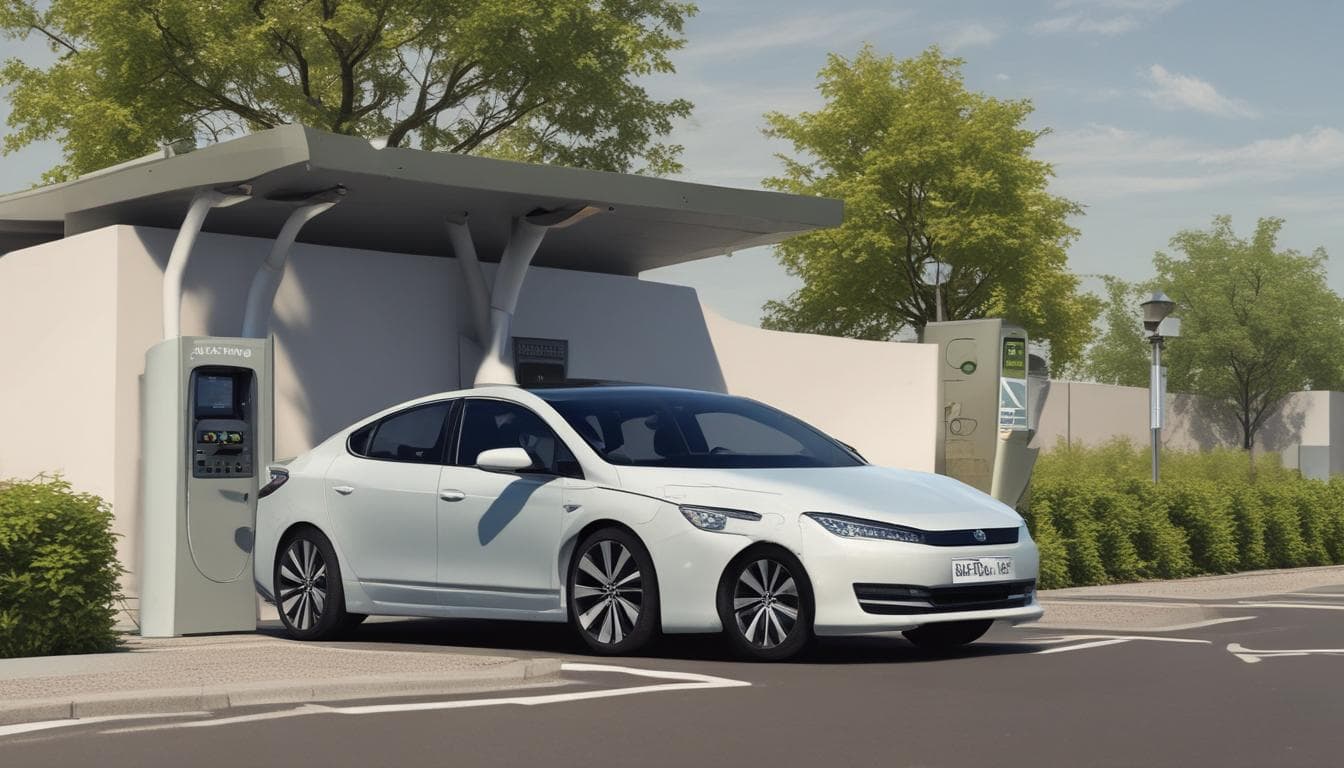
Fuel Efficiency and Alternative Fuels
For vehicles still relying on combustion engines, improving fuel efficiency remains a key focus. Advanced engine technologies, such as direct injection and variable valve timing, are being employed to optimize fuel consumption. In addition, research into alternative fuels, including biofuels and hydrogen fuel cell technology, is ongoing, seeking to further reduce the environmental impact of traditional vehicles.
The Role of Consumers and Regulations
Shifting Consumer Preferences
Consumer demand is a powerful driver of change in the automotive industry. Growing environmental awareness and a desire for more sustainable products are influencing purchasing decisions. Consumers are increasingly considering factors such as fuel efficiency, emissions, and the use of recycled materials when choosing a vehicle.
Government Regulations and Incentives
Government regulations and incentives play a crucial role in accelerating the adoption of sustainable practices. Stringent emissions standards, fuel economy targets, and incentives for electric vehicle purchases are pushing manufacturers to innovate and invest in sustainable technologies. These policies create a level playing field and encourage the development of a greener automotive future. The increasing adoption of Mobility-as-a-Service (MaaS) is also heavily influenced by these regulations.
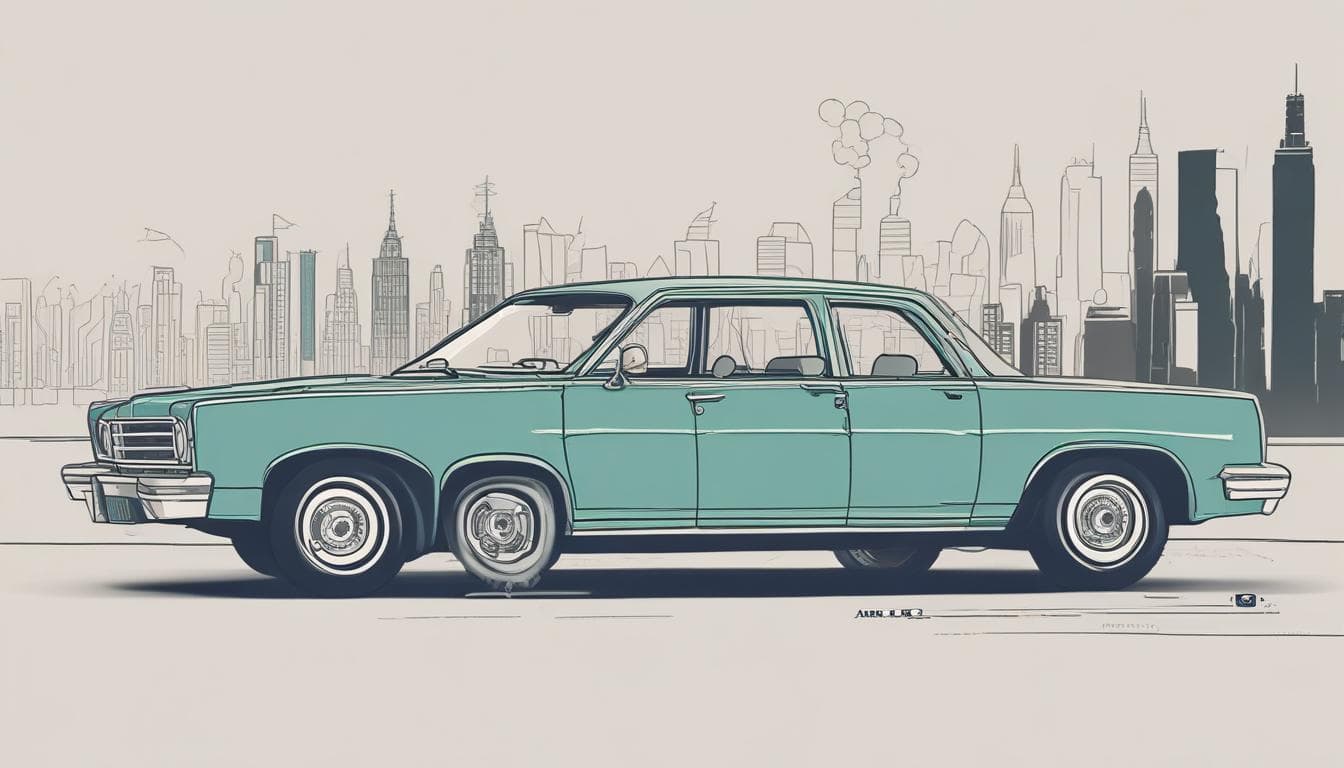
Conclusion
The journey towards sustainability in the automotive industry is a continuous process, requiring ongoing innovation, collaboration, and investment. While challenges remain, the industry is making significant strides in reducing its environmental impact and creating a more sustainable future for mobility. From sustainable manufacturing practices and innovative vehicle designs to evolving consumer behavior and supportive government policies, the automotive sector is embracing a transformative shift that will define its future. The road ahead requires continued commitment to research, development, and implementation of sustainable solutions, ensuring that the automotive industry contributes to a cleaner, greener, and more sustainable world. For a broader understanding, The Electric Vehicle Revolution: Transforming the Automotive Industry and Shaping the Future of Transportation provides a comprehensive overview of the ongoing transformation. Join the conversation and share your thoughts on how we can further accelerate the adoption of sustainable practices in the automotive industry.

